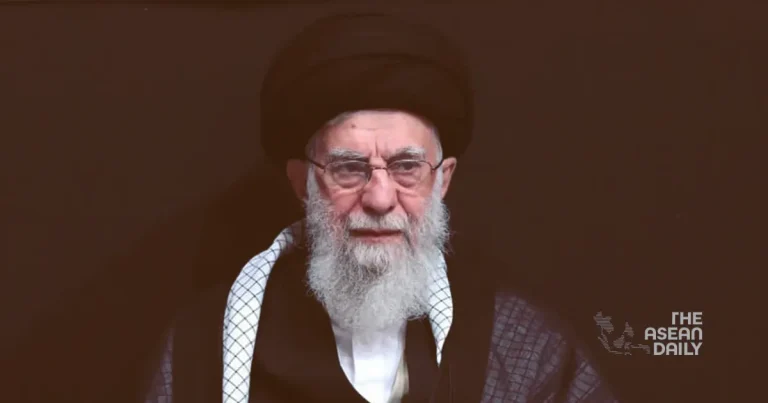1-8-2024 (TEHRAN) Iran’s Supreme Leader, Ayatollah Ali Khamenei, has reportedly issued a directive for a direct strike against Israel. This order comes in the wake of the assassination of Hamas leader Ismail Haniyeh in Tehran, according to three Iranian officials who were briefed on the matter.
The decision was reportedly made during an emergency meeting of Iran’s Supreme National Security Council on Wednesday morning, shortly after Iran announced Haniyeh’s death. The officials, including two members of the Revolutionary Guards, spoke on condition of anonymity due to the sensitive nature of the information.
Both Iran and Hamas have accused Israel of orchestrating the assassination, though Israel has neither confirmed nor denied involvement. The incident occurred while Haniyeh was in Tehran for the inauguration of Iran’s new president, Masoud Pezeshkian.
This development marks a potential turning point in the long-standing hostilities between Iran and Israel. Throughout the ongoing conflict in Gaza, Iran has walked a tightrope, applying pressure on Israel through increased attacks by its allies and proxy forces in the region, whilst avoiding direct confrontation.
The assassination of Haniyeh on Iranian soil appears to have crossed a red line for Tehran. Ayatollah Khamenei, in a public statement, declared that avenging Haniyeh’s death was Iran’s duty, saying, “We see avenging his blood our duty,” and warning that Israel had set the stage for “a severe punishment.”
Iranian military commanders are reportedly considering various options for retaliation, including a combination attack of drones and missiles on military targets near Tel Aviv and Haifa. One strategy under consideration involves a coordinated assault from multiple fronts where Iran has allied forces, including Yemen, Syria, and Iraq.
The assassination has been perceived as a humiliating security breach for Iran, occurring at a highly secure Revolutionary Guards guesthouse on a day of heightened security in the capital. This has led to public outrage among government supporters, with some calling for internal security reforms before any external retaliation.
Analysts suggest that Iran views retaliation as necessary not only to avenge Haniyeh’s death but also to deter future attacks on other high-profile targets within its borders. Ali Vaez, the Iran director of the International Crisis Group, stated, “Iran likely believes it has no choice other than retaliating to deter further Israeli attacks, defend its sovereignty, and preserve its credibility in the eyes of its regional partners.”




